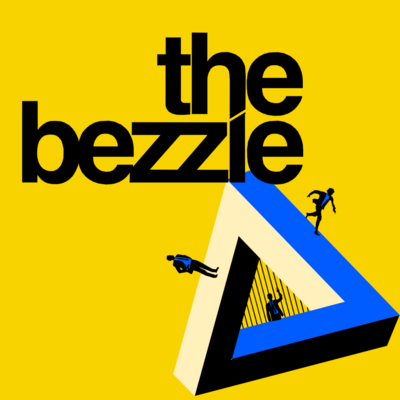We moved to America in 2015, in time for my kid to start third grade. Now she’s a year away from graduating high school (!) and I’ve had a front-row seat for the US K-12 system in a district rated as one of the best in the country. There were ups and downs, but high school has been a monster.
–
If you’d like an essay-formatted version of this thread to read or share, here’s a link to it on pluralistic.net, my surveillance-free, ad-free, tracker-free blog:
https://pluralistic.net/2024/01/16/flexibility-in-the-margins/#a-commons
1/


That’s where standardization could actually deliver some benefits. If just one teacher could produce some supplemental materials and accompanying curriculum, the existence of standards means that every other teacher could use it. What’s more, any adaptations that teachers make to that unit to make them suited to their kids would also work for the other teachers in the USA.
17/
And because the instruction is so rigidly standardized, all of these materials could be keyed to metadata that precisely identified the units they belonged to.
The closest thing we have to this are “marketplaces” where teachers can sell each other their supplementary materials.
18/
As far as I can tell, the only people making real money from these marketplaces are the grifters who built them and convinced teachers to paywall the instructional materials that could otherwise form a commons.
Like I said, I’ve got a completely overfull plate, but if I found myself at loose ends, trying to find a project to devote the rest of my life to, I’d be pitching funders on building a national, open access portal to build an educational commons.
19/
It may be a lot to expect teachers to master the intricacies of peer-based co-production tools like #Git, but there’s already a system like this that K-8 teachers across the country have mastered: #Scratch. Scratch is a graphic programming environment for kids, and starting with 2019’s Scratch 3.0, the primary way to access it is via an in-browser version that’s hosted at scratch.mit.edu.
20/
Scratch’s online version is basically a kid- (and teacher-)friendly version of Github. Find a project you like, make a copy in your own workspace, and then mod it to suit your own needs. The system keeps track of the lineage of different projects and makes it easy for Scratch users to find, adapt, and share their own projects. The wild popularity of this system tells us that this model for a managed digital commons for an educational audience is eminently achievable.
21/
So when students are being asked to study the rhythm of text by counting the numbers of words in the sentences of important speeches, they could supplement that very boring exercise by listening to and analyzing contemporary election speeches, or rap lyrics, or viral influencer videos. Different teachers could fork these units to swap in locally appropriate comparitors - and so could students!
22/
Students could be given extra credit for identifying additional materials that slot into existing curricular projects - Tiktok videos, new chart-topping songs, passages from hot YA novels. These, too, could go into the commons.
This would enlist students in developing and thinking critically about their curriculum, whereas today, these activities are often off-limits to students.
23/
For example, my kid’s math teachers don’t hand back their quizzes after they’re graded. The teachers only have one set of quizzes per unit, and letting the kids hold onto them would leak an answer-key for the next batch of test-takers.
I can’t imagine learning math this way. “You got three questions wrong but I won’t let you see them” is no way to help a student focus on the right areas to improve their understanding.
24/
@[email protected] wait what
But there’s no reason that math teachers in a commons built around the (unfortunately) rigid procession of concepts and testing couldn’t generate procedural quizzes, specified with a simple programming language. These tests could even be automatically graded, and produce classroom stats on which concepts the whole class is struggling with. Each quiz would be different, but cover the same ground.
25/
@[email protected] there are attempts at some sort of commons at least for college (which is another can of worms) and some attempts to get this to the schools. However with different states having all kinds of different standards (NGSS and other national standards notwithstanding), it’s tough - and pushes the onus on to teachers a lot. A lot of this is piecemeal supported by foundations
1/2
@[email protected]
2/2
At CMU I know of and am learning to use the Open Learning Initiative online modules (and have used it for my #homeschool kids)
Not shilling - it’s hardly optimal.
In US there is a vast inequity - for students, teachers, the whole system.
Tbh - if learning was a priority - school wouldn’t start so early (this is known); it’s more to get the parents to work to ‘fuel the economy’